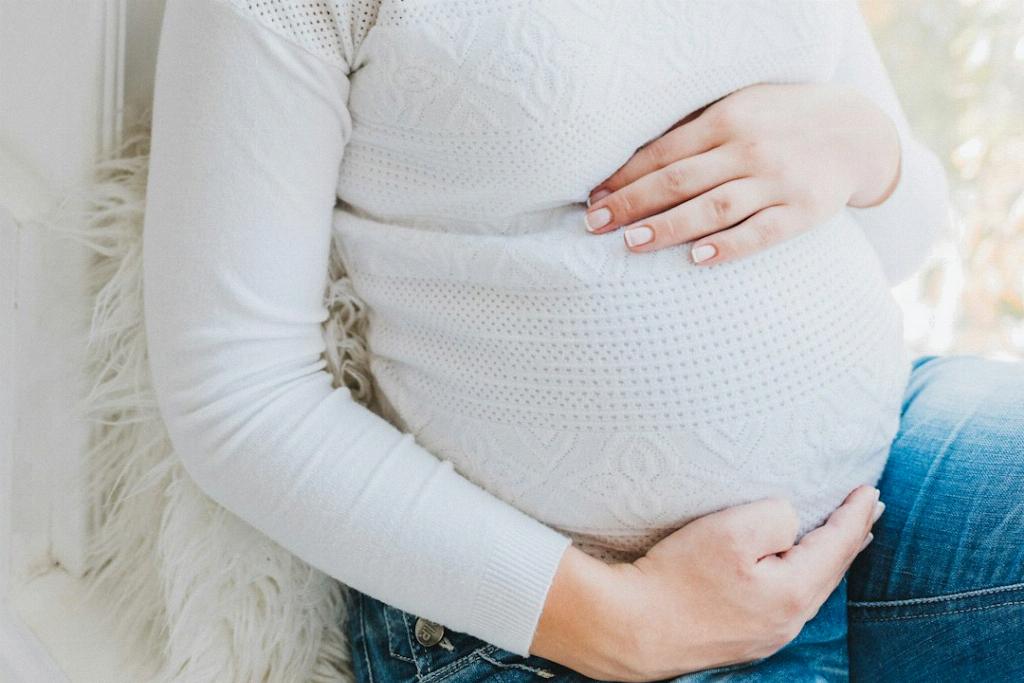When your stomach hurts in the top region, it can be a concerning and uncomfortable experience. This type of pain, located in the upper abdominal area, can be attributed to various underlying causes related to the digestive system.
Heartburn and Indigestion
One common cause of upper abdominal pain is heartburn, which occurs when stomach acid travels back up into the esophagus, causing a burning sensation in the chest and upper abdomen. Indigestion, characterized by discomfort or pain in the upper abdomen, can also lead to similar symptoms.
Gastritis and GERD
Gastritis, an inflammation of the stomach lining, and gastroesophageal reflux disease (GERD), a chronic condition in which stomach acid flows back into the esophagus, can both result in upper abdominal pain. These conditions may also be accompanied by symptoms such as nausea and bloating.
Gallstones and Cholecystitis
The presence of gallstones in the gallbladder or inflammation of the gallbladder (cholecystitis) can lead to sharp or cramp-like pain in the upper abdomen. This pain may worsen after eating fatty or greasy foods and may be accompanied by vomiting and fever.
Appendicitis and Liver Abscess
Appendicitis, which involves inflammation of the appendix, can cause pain in the upper abdomen that may eventually migrate to the lower right side. On the other hand, a liver abscess, a collection of pus within the liver, can also result in upper abdominal pain along with fever and chills.
Peptic Ulcers and Bowel Obstruction
Peptic ulcers, open sores that develop on the lining of the stomach, small intestine, or esophagus, can lead to a burning or aching pain in the upper abdomen. Bowel obstruction, which prevents the normal passage of digested food through the intestines, can also cause severe abdominal pain in the upper area.
Diverticular Disease and Other Causes
Diverticular disease, characterized by the formation of small pouches or sacs in the colon, can result in crampy pain in the upper abdomen, along with changes in bowel habits. Other potential causes of upper abdominal pain include pancreatitis, kidney stones, and muscle strains.

